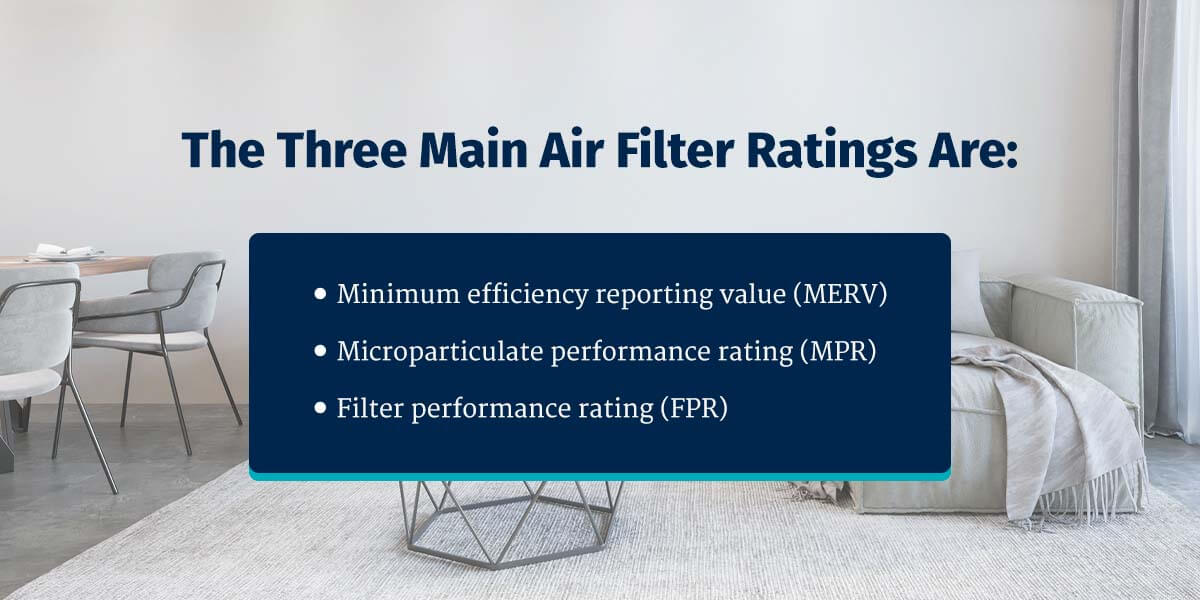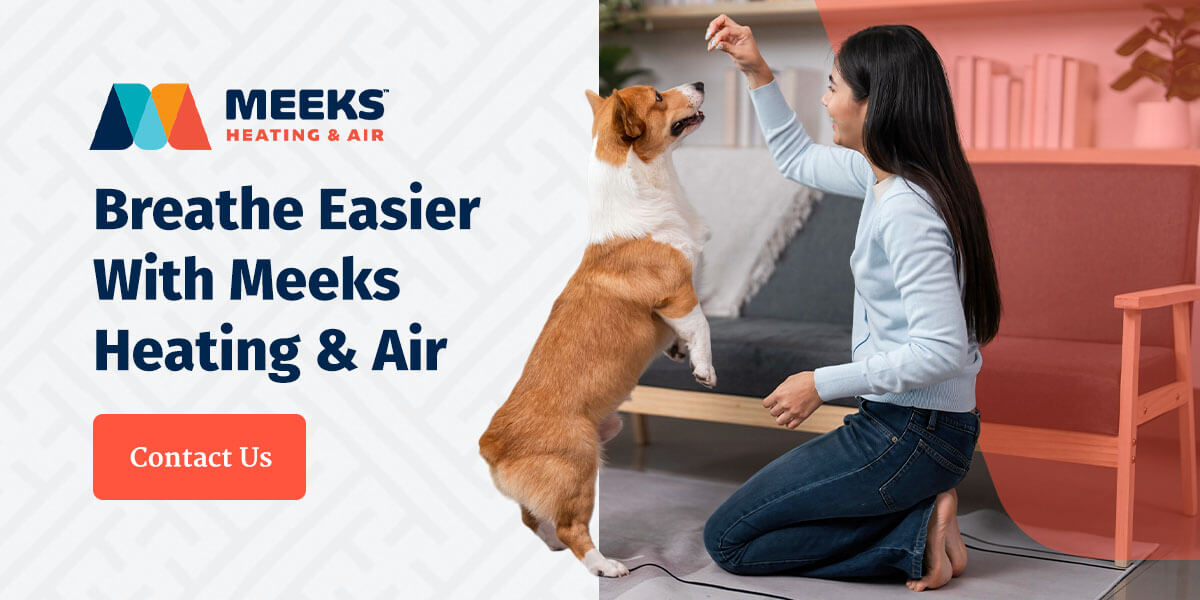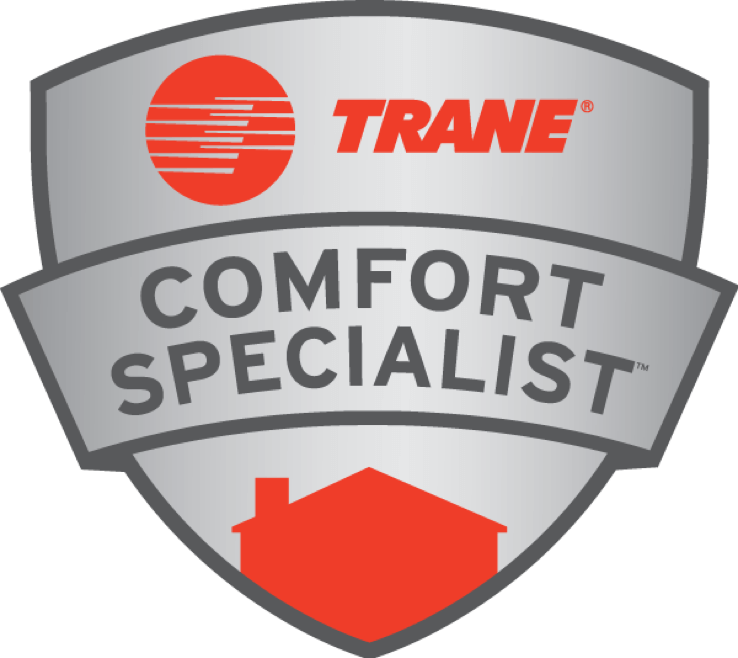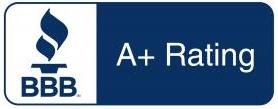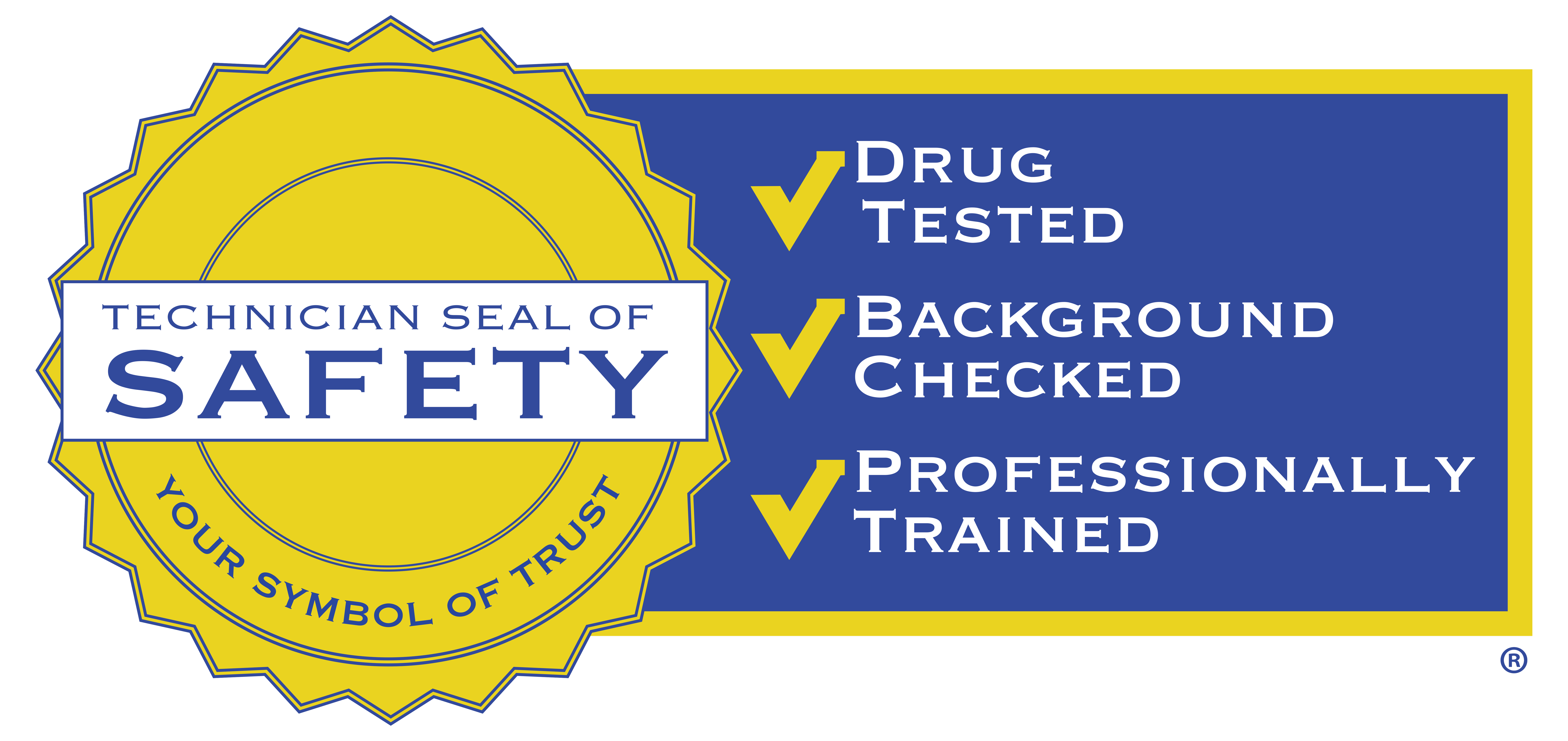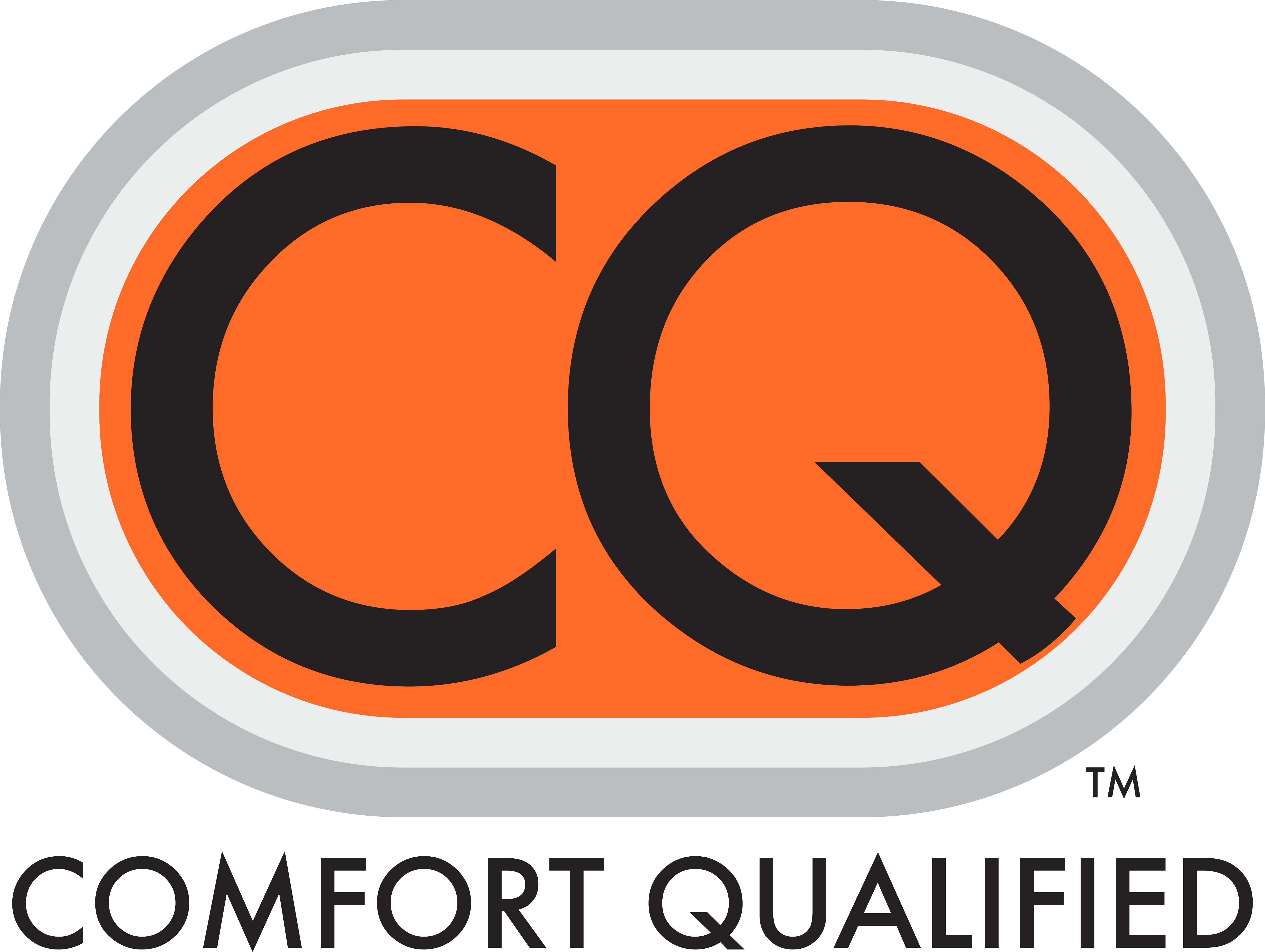The Role of HVAC Systems in Allergy Prevention
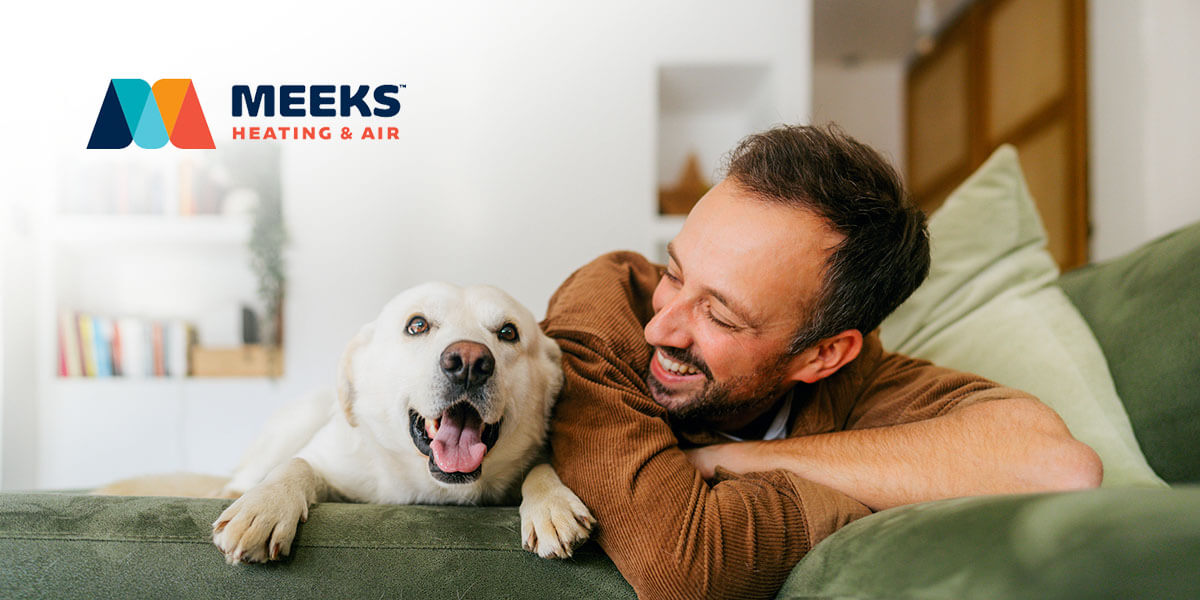
Red and watery eyes every season, an itchy throat, and ceaseless coughing — the battle against allergies never ends. Some allergy triggers may even live in your home. However, your heating, ventilation, and air conditioning system (HVAC) can be a powerful resource in allergy management. Your HVAC system is not just for comfort. It can be an effective tool in maintaining a healthy, allergen-free indoor environment.
How Your HVAC System Can Help Eliminate Allergens
Allergies are not only exacerbated during the pollen-heavy spring. They can also live rent-free in your home all year round. Some common irritants include mold spores, dust mites, and volatile organic compounds (VOCs), which are naturally released by household products. However, if you have pets, you likely also have pet dander.
Your HVAC system can act as the first line of defense, providing good indoor air quality through every season. Think of it as a circulatory process that takes in stale air and releases fresh, filtered air. Return vents pull air into the system, where it is heated or cooled, filtered, and returned to the home through supply vents.
The air is filtered using a physical barrier designed to trap particles. The more your system runs, the more the air passes through the filter, cleaning it of contaminants.
Choosing the Right Air Filter for Your Home
An HVAC system relies on the air filter to provide clean indoor air. The type of filter you have directly impacts the amount of pollutants captured through every run. There are several air filters on the market, rated according to their effectiveness.
The three main air filter ratings are:
- Minimum efficiency reporting value (MERV): MERV is a filter rating system developed by the American Society of Heating, Refrigerating, and Air Conditioning Engineers (ASHRAE) to test an air filter’s performance in capturing pollutants.
- Microparticulate performance rating (MPR): The company 3M designed the MPR system specifically for its products. It evaluates filter efficiency against particles of 1 micron or lower.
- Filter performance rating (FPR): Like the MPR, the FPR was designed to evaluate specific brands. The Home Depot created the system to rate products sold in its stores.
Decoding MERV Ratings
When purchasing filters for your home, focus on the MERV rating. This industry standard ranks performance across a broader evaluation criterion encompassing larger particles like dust and pollen, and even smaller ones like bacteria and smog. The MERV rankings range from 1 to 16, with 1 providing minimal filtration and 16 the highest:
- MERV 1-4: This range offers basic pollutant filtration, capturing larger particles like lint and dust.
- MERV 6-8: The MERV rating at this level effectively removes larger allergens, but may permit smaller allergens to pass.
- MERV 11-13: MERV 11-13 provides excellent filtration of most allergens, and it can capture smaller particles like pet dander, smoke, and some bacteria.
- MERV 14-16: At this rating, you have superior filtration against most microscopic allergens, including bacteria and viruses. However, filtration at this level could restrict air flow into your home, putting strain on your HVAC system.
The Gold Standard
If you want to upgrade your system or your HVAC can handle it, the ultimate filtration solution is the high-efficiency particulate air (HEPA) filter. This air filter can capture 99.97% of indoor pollutants. HEPA filters are designed to capture microparticles as small as 0.3 microns, smaller than a single smoke particle.
However, some standard residential HVACs are not designed to handle a HEPA filter. If your system did not originally have one, contact an expert to help you determine if it can accommodate it. They may also be able to recommend a MERV filter with similar capabilities.
Essential HVAC Maintenance for Cleaner Air
Your HVAC system can only guard your space against allergens if it is operating optimally. When it is not maintained, your HVAC system can contribute to your allergies. Here are a few steps you can take to keep your HVAC system functioning at its best:
- Consistent filter changes: Filter changes and cleaning are the top maintenance tasks for every homeowner. When your filter is clogged, it will recirculate allergens back into your home. It also has to work harder, affecting both efficiency and energy bills. Change your filters at least once every three months, but check and clean them more regularly.
- Professional tuneups: Seasonal HVAC maintenance can help improve your system’s performance. Certified technicians can clean the indoor evaporator and outdoor condenser so that no mold or mildew grows. HVAC specialists will also clean and adjust the blower components for optimal airflow.
- Duct inspection and maintenance: Over time, allergens can accumulate in your ducts and circulate into your space whenever you run your heating or AC. A professional duct inspection will check to make sure your ducts are clean and any holes or tears are repaired. It can also help you catch problems early, before they become an expensive emergency.
Upgrades to Boost Allergy-Fighting Power
You can make several HVAC upgrades to improve your system’s allergen filtration. These proactive additions can help you create a healthier living space:
- UV air purifiers: Ultraviolet (UV) air purifiers use powerful UV-C lamps that kill pathogens and bacteria. When installed, the light neutralizes organic materials in the air, such as mold spores and viruses, preventing them from affecting your living space.
- Whole-house humidifiers/dehumidifiers: Indoor moisture can cause a serious problem for people with allergies. Low humidity can result in dry indoor conditions that aggravate allergies, while excessive humidity can be the perfect breeding ground for mold and other allergens. Integrating whole-house humidifiers and dehumidifiers, depending on your home’s prevailing conditions, can provide consistent humidity control, ensuring optimal indoor air quality.
- Invest in a modern HVAC system: If your system is over 15 years old, it may be time for a replacement. Older models were not designed to meet the comfort requirements of the modern homeowner. Upgrading your system to a high-efficiency unit helps provide better air circulation, enhanced filtration, and lower energy consumption.
Breathe Easier With Meeks Heating & Air
Although allergies may be an ongoing battle, your HVAC system can play an invaluable role in allergy management. Having the right filtration system and upgrades can help you improve indoor air quality and create a safe space for the whole family.
When you are looking for an HVAC expert to help you protect your home, Meeks Heating & Air is the name you can trust. For over 25 years, we have been helping Georgia residents install enhancements that improve the comfort of their homes. Contact us to learn about our maintenance services. If you are ready for an upgrade, we have high-performance solutions you can trust.
